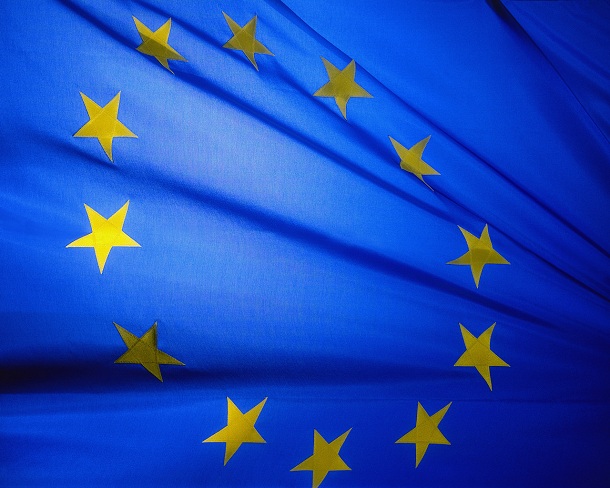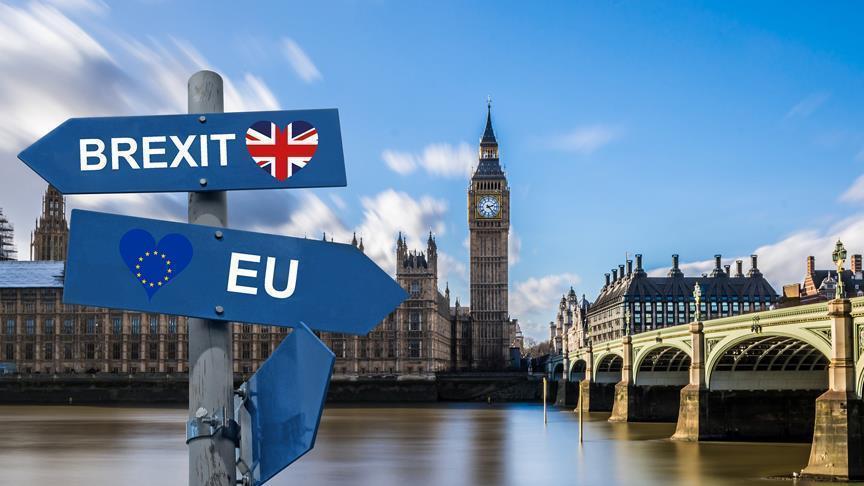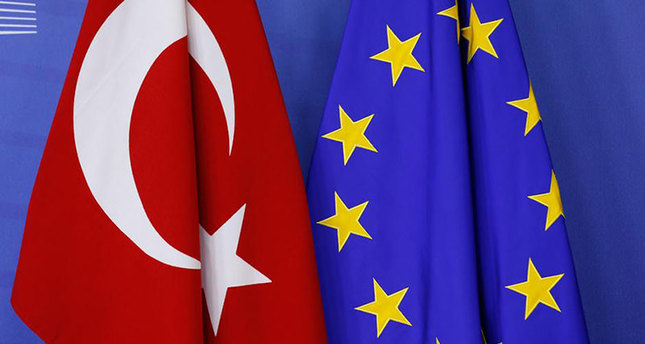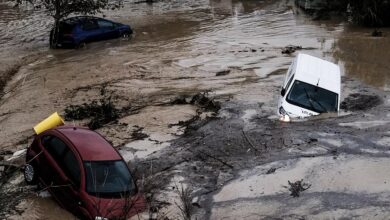The EU is praised for bringing stability and democracy to the continent at a testing time for the 27-nation bloc.
The Nobel committee praised the 27-nation EU for rebuilding after World War II and for its role in spreading stability to former communist countries after the 1989 fall of the Berlin Wall.
The EU and its predecessors “have over six decades contributed to peace and reconciliation, democracy and human rights,” Nobel Committee president Thorbjoern Jagland said in Oslo.
“The stabilising part played by the European Union has helped to transform a once torn Europe from a continent of war to a continent of peace,” Mr Jagland said.
“Over a seventy-year period, Germany and France had fought three wars. Today war between Germany and France is unthinkable. This shows how, through well-aimed efforts and by building up mutual confidence, historical enemies can become close partners,” he said, explaining this year’s prize decision.”
European Commission president Jose Manuel Barroso said on Twitter: “It is a great honour for the whole of the EU, all 500 million citizens, to be awarded the 2012 Nobel Peace Prize.”
The head of the European Parliament, German Socialist Martin Schulz, also responded on Twitter: “Deeply touched honoured that the EU has won the Nobel Peace Prize. Reconciliation is what the EU is about. It can serve as inspiration.”
The prize, worth £750,000, will be presented in Oslo on December 10. The decision by the five-member panel, led by Jagland who is also Secretary-General of the Council of Europe, was unanimous.
Initially six – Belgium, France, Germany, Italy, Luxembourg and the Netherlands – the EU totalled 15 members in 2004 when it embraced the first of the former Soviet states stranded for half a century behind the Iron Curtain.
But Sky’s foreign affairs editor Tim Marshall said while the EU was “one of the great success stories of humanity”, there would be many critics of the prize being awarded to the bloc.
“The European Union is overseeing an economic crisis partially of its own making of the euro where it basically either forged figures, or turned a blind eye to knowing figures were forged to allow countries into the euro, which has helped create the economic crisis which is threatening stability,” Marshall said.
“Yugoslavia was a signal defeat for Europe’s peace-making ability. Total failure.
“Also, Norway isn’t even in the European Union. Its people, from whom the committee are drawn, has decided they don’t want anything to do with it.”
The award is however a surprise at a time when European solidarity is facing its most daunting challenge in decades amid deep rifts between a south drowning in debt and a wealthier north, led by Germany, only reluctantly coming to the rescue.
Whether or not that begrudging assistance will keep the European project afloat remains to be seen, but the deep crisis has broadened the gulf already felt between citizens in the different member states and a Brussels long seen as too distant and bureaucratic.
But the creation of the organisation is credited with helping to bring peace and stability to the war-torn continent by bringing together arch-enemies France and Germany and herding them down the same path.
Despite recurring difficulties, the EU has become the biggest common market in the world, allowing free circulation of goods, people, services and capital.
This year’s prize will also cause shockwaves in host country Norway, which itself has rejected joining the union twice, in 1972 and 1994, and where three quarters of people say they are opposed to membership, according to recent polls.
The EU won from a field of 231 candidates including Russian dissidents and religious leaders working for Muslim-Christian reconciliation.
[adrotate banner=”27″]





I kind of pooh-poohed Rush’s theory that they did this to nudge Obama in the right ditrceion but is it coincidence that right after this he began talking gay marriage? It all kind of reminds me when they butter you up at work, usually there’s a reason.